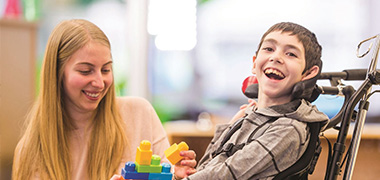
This role has a low level of AI exposure. Core skills such as adaptability, social intelligence, and complex physical tasks remain beyond the capabilities of current AI.
Explore all careersDisability Support Workers provide hands-on assistance to aged and disabled clients, helping with daily tasks, companionship, and community engagement.
Get qualified to work as a Disability Support Worker with a course recognised across Australia. Speak to a training provider to learn more.



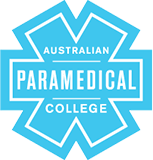







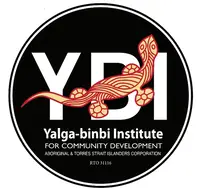


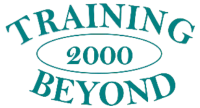


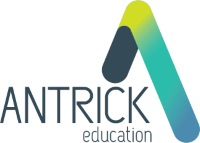
















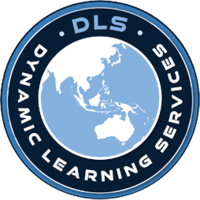















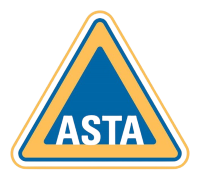




In Australia, a full time disability support worker generally earns $1,500 per week ($78,000 annual salary) before tax. This is a median figure for full-time employees and should be considered a guide only. As you gain more experience you can expect a potentially higher salary than people who are new to the industry.
 Courses.com.au Team
Courses.com.au Team
Aged and disability support worker jobs have grown strongly in recent times and are expected to continue to do so. As of May 2019, there were approximately 177,000 aged and disabled carer jobs in Australia. Within five years, that number could potentially jump up to 222,000. Some reports indicate the possibility of about 35,800 job openings per year for the next five years.
Source: The Labour Market Information Portal - 2019 Occupational Projections and Australian Government Job Outlook
 Courses.com.au Team
Courses.com.au Team
Although different positions and roles have different requirements, many disability support workers need a qualification in individual support to secure a job. A Certificate III in Individual Support can take 6-12 months to complete and usually requires 120 hours of work placement. Another option is a Certificate III in Individual Support with a specialisation in Aged and Disability Support. This can also take 6-12 months to complete and has a 120-hour work placement component. The exact duration of these learning pathways depends on several factors, including whether you opt for online, on campus or blended study modes and if you study full or part time.
 Courses.com.au Team
Courses.com.au Team
Browse occupations related to Disability Support Worker



In Bundaberg, aspiring professionals can find an array of Disability Support Worker courses designed to equip them with the necessary skills to make a positive impact in the lives of individuals with disabilities. Whether you're just starting out or looking to advance your career, there are plenty of options available. For beginners, the Certificate III in Individual Support (Disability) is a popular choice, offering foundational knowledge and practical skills in personal care and support.
For those who may already have some experience, consider furthering your qualifications with advanced options like the Certificate IV in Disability Support. This course delves deeper into the complexities of disability support and can greatly enhance your career prospects. Many training providers, such as Designer Life and AVTA, offer these vital courses right here in Bundaberg, giving you the opportunity to study locally.
Beyond qualifications, understanding potential job roles can also help guide your career path in the disability sector. After completing your training, you might pursue positions such as a Personal Carer, Community Care Worker, or even a Disability Service Officer. Each of these roles plays a significant part in supporting individuals with disabilities, making them fulfilling career choices.
Apart from the fundamental courses, there are also specialised short courses like Provide First Aid which help you become a well-rounded support worker. With numerous training bodies in Bundaberg offering these programs, you have the freedom to choose a learning style that suits you best. Institutions such as ETC Training Solutions and CEA are excellent choices for anyone looking to gain a solid footing in this meaningful field.
As you embark on your journey in the disability support sector, exploring the comprehensive offerings of Disability Support Worker courses in Bundaberg can set you on the right path. With 43 courses available and a range of related job roles like NDIS Worker or Lifestyle Coordinator, now is the perfect time to invest in your future. To find out more about your options, please visit this page for detailed information on courses and career opportunities.